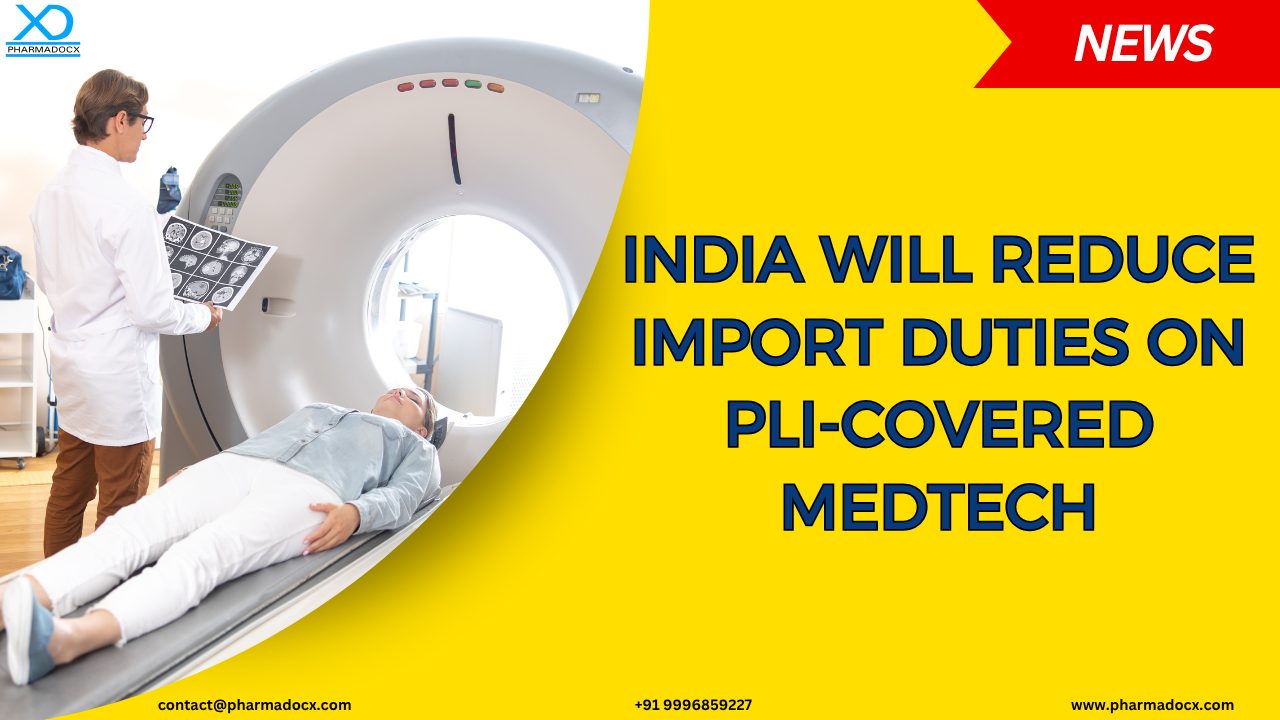The Indian medical device market is dynamic with high potential. In a recent policy update, India has stated it will reduce import duties on medical devices covered by PLI schemes. This update can be attributed to the new free trade agreement (FTA) with the United Kingdom. However, this import duty reduction will kick in only from the sixth year onward. This phased approach will support domestic medical device manufacturing while gradually opening up the sector to increased international competition. Notably, the import duties on PLI-covered medtech will be reduced not eliminated. Moreover, the delayed duty reduction aligns with the Make in India initiative. It will provide domestic manufacturers time to scale up and compete before facing increased foreign competition.
Details of the new free trade agreement (FTA) with the United Kingdom
A free trade agreement between the United Kingdom and India was announced on May 6, 2025. This agreement is expected to double India–UK trade in goods and services from USD 60 billion to USD 120 billion over the next five years. The highlights of the agreement are as follows:
- Bottom of Form
- India will gradually reduce tariffs on 90% of UK imports.
- Within 10 years, 85% of product categories will become tariff-free.
- Import duty on PLI-covered medtech devices will be reduced from the sixth year onwards.
India to reduce import duties on PLI-covered medtech: Applicable sixth year onwards
Currently, India imposes up to 7.5% import duty on medical devices as opposed to 4.2% in the UK. Keeping the consumer needs and Make in India programme in mind, India has agreed to reduce import duties on PLI-covered medtech. However, there will only be reduction and not elimination of import duties. Additionally, these changes will be implemented only after 6 years. Notably, this update is only for medical devices incentivized under the PLI scheme. The PLI scheme aims to boost domestic medical device manufacturing of high-value products, such as CT scanners, MRI machines, and other advanced equipment.
However, stakeholders have voiced concerns over potential dumping of low-cost products, especially from non-FTA countries. They have suggested India should implement high value-addition norms to ensure only eligible medical device imports benefit from concessional duties.
Notably, India’s UK medical device imports increased at a rate of 35% during the period 2023–24, attaining approximately ₹2,295 crore. However, the medical device exports from India were valued at approximately ₹1,000 crore. The devices commonly traded between the two countries are radiography apparatus, spectacles, orthopaedic devices, breathing aids, disinfectants, and surgical, veterinary, and dental instruments.
PLI schemes are aimed at boosting India’s medtech growth
The Indian government has launched various production-linked incentive (PLI) schemes to boost India’s medtech growth. The medical device industry PLI schemes are designed to reduce import dependency and promote domestic production of high-end medical devices. These schemes align with India’s goal of becoming a global medical device manufacturing hub catering to both local and global needs. Medical device industry PLIs not only enhance India’s medical device self-reliance but also support job creation and export competitiveness in the global medtech industry. The PLI scheme has supported and promoted the following projects:
- Domestic production of 44 advanced medical devices, including MRI machines, ultrasound systems, mammography units, and CT scanners
- 19 greenfield projects across India
Confused about the new announcement on reduction of import duties on PLI-covered medtech? Feel free to contact us now. Moreover, we at Pharmadocx Consultants provide one stop regulatory support to our clients. To avail our comprehensive services, email at [email protected] or call/Whatsapp on 9996859227.





